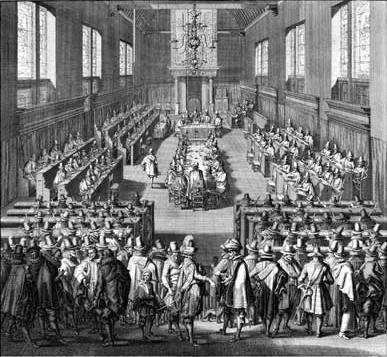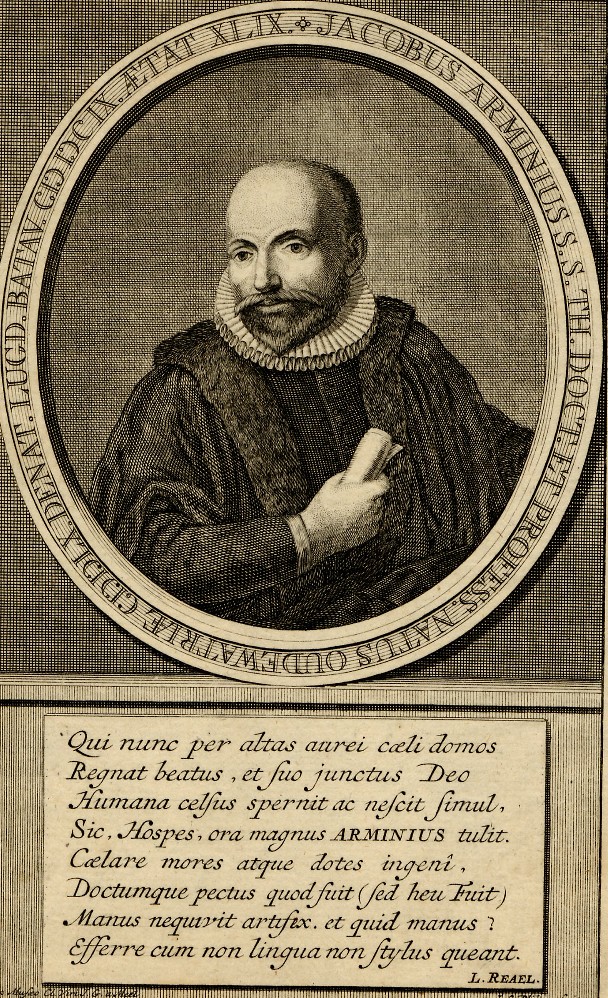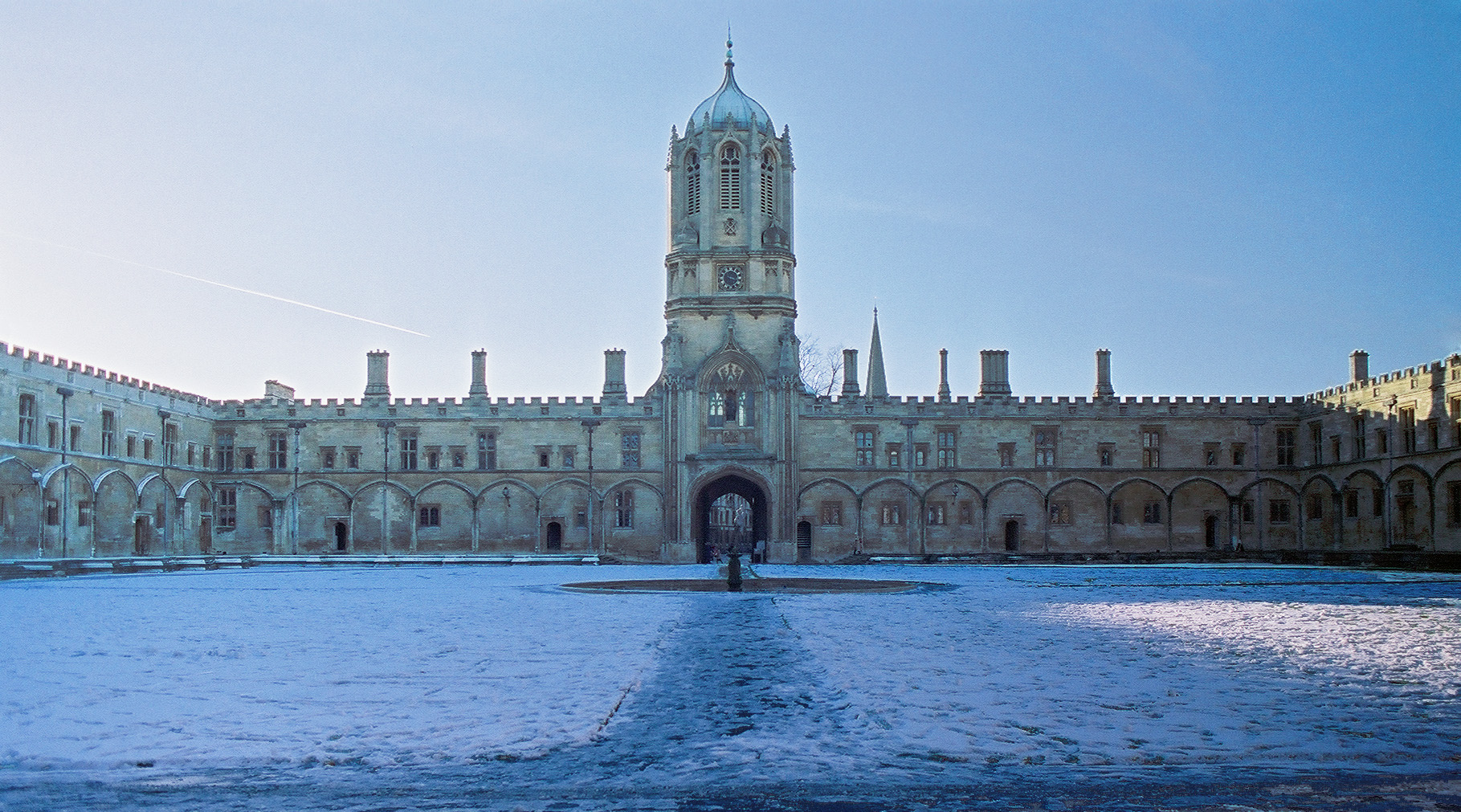|
Ian Howard Marshall
Ian Howard Marshall (12 January 1934 – 12 December 2015) was a Scottish New Testament scholar. He was Professor Emeritus of New Testament Exegesis at the University of Aberdeen, Scotland. He was formerly the chair of the Tyndale Fellowship for Biblical and Theological Research; he was also president of the British New Testament Society and chair of the Fellowship of European Evangelical Theologians. Marshall identified as an Evangelical Methodist. He was the author of numerous publications, including 2005 Gold Medallion Book Award winner '' New Testament Theology''. Biography Personal life Marshall was born on 12 January 1934. He was the son of Ernest Ewart Marshall and Ethel Marshall (née Curran). Marshall married Joyce Elizabeth Proudfoot in 1961 and had four children. She died in 1996. In 2011, Marshall married Dr. Maureen Wing Sheung Yeung, former president of Evangel Seminary, Hong Kong. Marshall died of pancreatic cancer in 2015. Education * DD, Asbury University ... [...More Info...] [...Related Items...] OR: [Wikipedia] [Google] [Baidu] |
University Of Aberdeen
The University of Aberdeen ( sco, University o' 'Aiberdeen; abbreviated as ''Aberd.'' in List of post-nominal letters (United Kingdom), post-nominals; gd, Oilthigh Obar Dheathain) is a public university, public research university in Aberdeen, Scotland. It is an Ancient universities of Scotland, ancient university founded in 1495 when William Elphinstone, Bishop of Aberdeen and Lord Chancellor of Scotland, Chancellor of Scotland, petitioned Pope Alexander VI on behalf of James IV of Scotland, James IV, King of Scots to establish King's College, Aberdeen, King's College, making it Scotland's 3rd oldest university and the 5th oldest in the English-speaking world and the United Kingdom. Aberdeen is consistently ranked among the top 160 universities in the world and is ranked within the top 20 universities in the United Kingdom according to ''The Times'' and ''The Sunday Times'', and 13th in the UK according to ''The Guardian''. The university comprises three colleges—King's College ... [...More Info...] [...Related Items...] OR: [Wikipedia] [Google] [Baidu] |
Conditional Preservation Of The Saints
The conditional preservation of the saints, or conditional perseverance of the saints, or commonly conditional security, is the Arminian Christian belief that believers are kept safe by God in their saving relationship with him upon the ''condition'' of a persevering faith in Christ. Arminians find the Scriptures describing both the initial act of faith in Christ, "whereby the relationship is effected", and the persevering faith in him "whereby the relationship is sustained." The relationship of "the believer to Christ is never a static relationship existing as the irrevocable consequence of a past decision, act, or experience." Rather, it is a living union "proceeding upon a living faith in a living Savior." This living union is captured in the simple command by Christ, "Remain in me, and I in you" (). According to Arminians, biblical saving faith expresses itself in love and obedience to God ( Galatians 5:6; Hebrews 5:8–9). In the ''Remonstrant Confession'' of 1621, the first ... [...More Info...] [...Related Items...] OR: [Wikipedia] [Google] [Baidu] |
Apostasy In Christianity
Apostasy in Christianity is the repudiation of Christ and the central teachings of Christianity by someone who formerly was a Christian (Christ-follower). The term apostasy comes from the Greek word ''apostasia'' (" ἀποστασία") meaning "rebellion", "state of apostasy", "abandonment", or "defection". It has been described as "a willful falling away from, or rebellion against, Christianity. Apostasy is the rejection of Christ by one who has been a Christian...." "Apostasy is a theological category describing those who have voluntarily and consciously abandoned their faith in the God of the covenant, who manifests himself most completely in Jesus Christ." "Apostasy is the antonym of conversion; it is deconversion." B. J. Oropeza, who has written one of the most exhaustive studies on the phenomenon of apostasy in the New Testament (3 Volumes, 793 pages), "uncovered several factors that result in apostasy." Some of these factors overlap, and some Christian communities were " ... [...More Info...] [...Related Items...] OR: [Wikipedia] [Google] [Baidu] |
Penal Substitution
Penal substitution (sometimes, esp. in older writings, called forensic theory)D. Smith, The atonement in the light of history and the modern spirit' (London: Hodder and Stoughton), p. 96-7: 'THE FORENSIC THEORY...each successive period of history has produced its peculiar type of soteriological doctrine...the third period--the period ushered in by the Reformation.' Vincent Taylor, ''The Cross of Christ'' (London: Macmillan & Co, 1956), p. 71-2: '...the ''four main types'', which have persisted throughout the centuries. The oldest theory is the ''Ransom Theory''...It held sway for a thousand years. ..The ''Forensic Theory'' is that of the Reformers and their successors.' is a theory of the atonement within Christian theology, which declares that Christ, voluntarily submitting to God the Father's plan, was punished (penalized) in the place of sinners (substitution), thus satisfying the demands of justice so God can justly forgive sins making us at one with God (atonement). It began ... [...More Info...] [...Related Items...] OR: [Wikipedia] [Google] [Baidu] |
Unlimited Atonement
Unlimited atonement (sometimes called general atonement or universal atonement) is a doctrine in Protestant Christianity that is normally associated with Amyraldism (four-point Calvinism), as well as Arminianism and other non-Calvinist traditions. The doctrine states that Jesus died as a propitiation for the benefit of all humans without exception. It is a doctrine distinct from other elements of the Calvinist acronym TULIP and is contrary to the Calvinist doctrine of limited atonement. A doctrinal issue that divides Christians is the question of the extent of the atonement. This question typically goes as follows: "Did Christ bear the sins of the elect alone on the cross, or did his death expiate the sins of all human beings?" Those who take this view read scriptures such as John 3:16; ; ; ; to say that the Bible teaches ''unlimited'' atonement. Historical background In response to the Remonstrants' Five articles of Remonstrance, the Synod of Dort published the Canon ... [...More Info...] [...Related Items...] OR: [Wikipedia] [Google] [Baidu] |
Jacobus Arminius
Jacobus Arminius (10 October 1560 – 19 October 1609), the Latinized name of Jakob Hermanszoon, was a Dutch theologian during the Protestant Reformation period whose views became the basis of Arminianism and the Dutch Remonstrant movement. He served from 1603 as professor in theology at the University of Leiden and wrote many books and treatises on theology. Following his death, his challenge to the Reformed standard, the ''Belgic Confession'', provoked ample discussion at the Synod of Dort, which crafted the five points of Calvinism in response to Arminius's teaching. Early life Arminius, was born in 1559 or 1560 in Oudewater, Utrecht. He became an orphan while still young. His father Herman, a manufacturer of weapons, died, leaving his wife a widow with small children. He never knew his father, and his mother was killed during the Spanish massacre at Oudewater in 1575. The child was adopted by Theodorus Aemilius, a priest inclined towards Protestantism. Around 1572 (th ... [...More Info...] [...Related Items...] OR: [Wikipedia] [Google] [Baidu] |
Arminianism
Arminianism is a branch of Protestantism based on the theological ideas of the Dutch Reformed theologian Jacobus Arminius (1560–1609) and his historic supporters known as Remonstrants. Dutch Arminianism was originally articulated in the ''Remonstrance'' (1610), a theological statement submitted to the States General of the Netherlands. This expressed an attempt to moderate the doctrines of Calvinism related to its interpretation of predestination. The Synod of Dort (1618–19) was called by the States General to consider the ''Five Articles of Remonstrance''. Classical Arminianism, to which Arminius is the main contributor, and Wesleyan Arminianism, to which John Wesley is the main contributor, are the two main schools of thought. Many Christian denominations have been influenced by Arminian views on the will of man being freed by grace prior to regeneration, notably the Baptists in 17th century, the Methodists in the 18th century, and the Pentecostals in the 20th cen ... [...More Info...] [...Related Items...] OR: [Wikipedia] [Google] [Baidu] |
Henry Chadwick (theologian)
Henry Chadwick (23 June 1920 – 17 June 2008) was a British academic, theologian and Church of England priest. A former dean of Christ Church Cathedral, Oxford – and as such, head of Christ Church, Oxford – he also served as master of Peterhouse, Cambridge. A leading historian of the early church, Chadwick was appointed Regius Professor at both the universities of Oxford and Cambridge. He was a noted supporter of improved relations with the Catholic Church, and a leading member of the Anglican–Roman Catholic International Commission. An accomplished musician, having studied music to degree level, he took a leading part in the revision and updating of hymnals widely used within Anglicanism, chairing the board of the publisher, Hymns Ancient & Modern Ltd., for 20 years. Family and early life Born in Bromley, Kent, Chadwick was the son of a barrister (who died when Chadwick was five) and a music-loving mother. He had a number of accomplished siblings: Sir John Chadwick ser ... [...More Info...] [...Related Items...] OR: [Wikipedia] [Google] [Baidu] |
George Albert Wells
George Albert Wells (22 May 1926 – 23 January 2017) was an English scholar who served as Professor of German at Birkbeck, University of London. After writing books about famous European intellectuals, such as Johann Gottfried Herder and Franz Grillparzer, he turned to the study of the historicity of Jesus, starting with his book ''The Jesus of the Early Christians'' in 1971. He is best known as an advocate of the thesis that Jesus is essentially a mythical rather than a historical figure, a theory that was pioneered by German biblical scholars such as Bruno Bauer and Arthur Drews. Since the late 1990s, Wells said that the hypothetical Q document, which is proposed as a source used in some of the gospels, may "contain a core of reminiscences" of an itinerant Galilean miracle-worker/ Cynic-sage type preacher. This new stance has been interpreted as Wells changing his position to accept the existence of a historical Jesus. In 2003, Wells stated that he disagreed with Robert ... [...More Info...] [...Related Items...] OR: [Wikipedia] [Google] [Baidu] |
The Evidence
Evidence is anything presented as proof of an assertion. Evidence may also refer to: * Scientific evidence * Evidence (law), which governs testimony and exhibits presented in a case Music Artists * Evidence (musician) (born 1976), a member of hip hop group Dilated Peoples * The Evidence (band), a progressive-punk power-trio from Canada Albums * ''Evidence'' (Steve Lacy album), 1962 * ''Evidence'' (Mal Waldron album), 1988 * ''Evidence'' (Vincent Herring album), 1991 * ''Evidence'' (The Angels album), 1994 * ''Evidence'', an album by Karmacoda, 2003 * ''Evidence'' (Prime Circle album), 2012 Songs * "Evidence" (Faith No More song), 1995 * "Evidence" (Josh Baldwin song), 2020 * "Evidence" (Mia Wray song), 2022 * "Evidence", a song by Everlife from the 2004 album ''Everlife'' * "Evidence", a song by Marilyn Manson from the 2007 album ''Eat Me, Drink Me'' * "Evidence", a song by Tara MacLean from the 1995 album '' Silence'' * "Evidence", a song by Thelonious Monk from the ... [...More Info...] [...Related Items...] OR: [Wikipedia] [Google] [Baidu] |
Christ Myth Theory
The Christ myth theory, also known as the Jesus myth theory, Jesus mythicism, or the Jesus ahistoricity theory, is the view that "the story of Jesus is a piece of mythology", possessing no "substantial claims to historical fact". Alternatively, in terms given by Bart Ehrman paraphrasing Earl Doherty, "the historical Jesus did not exist. Or if he did, he had virtually nothing to do with the founding of Christianity." In contrast, the mainstream scholarly consensus holds that Jesus was a historical figure who lived in 1st-century Roman Judea, and that he was baptized and was crucified. Beyond that, mainstream scholars have no consensus about the historicity of the other major details of the gospel stories, or on the extent to which the Pauline epistles and the gospels replaced the historical human Jesus with a religious narrative of a supernatural "Christ of faith". Mythicism "goes back to Enlightenment times, when the historical-critical study of the past was born," and wa ... [...More Info...] [...Related Items...] OR: [Wikipedia] [Google] [Baidu] |
.jpg)





